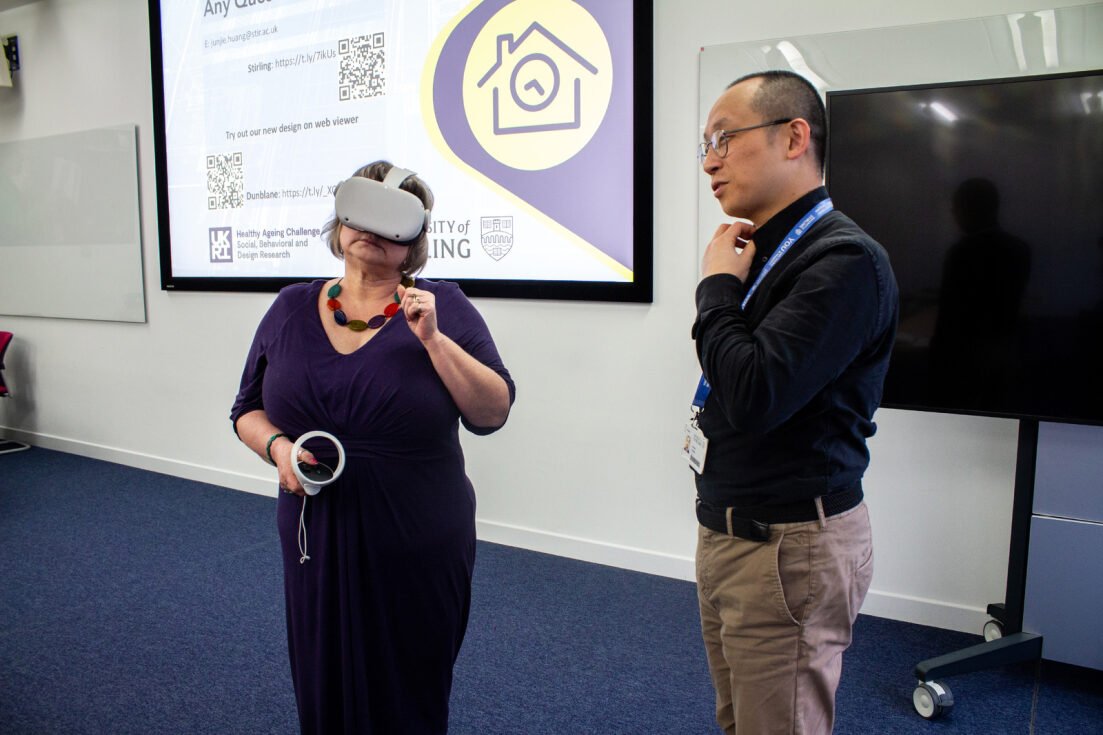News Search
Welcome to our News Search. You have arrived here because you have searched a category, tag, year, or month. Below you can find the results of your search. Alternatively, you can return to the News Page using the button.
Filter by:
Tag
- Additional Support Needs
- Art
- Australia
- Best Practice
- Best Practice in Dementia Care
- CEDAR
- Care
- Carers
- Carers Hub
- Changes in Presentation
- Community
- Consultancy
- Delirium
- Design
- EADDAT
- Events
- Housing
- International
- Japan
- LGBTQ+
- Life Story
- Meaningful Engagement
- News
- Policy
- Product Accreditation
- Research
- Scotland
- Signage and Wayfinding
- Sweden
- Technology
- Training
- University of Stirling
- Young Onset Dementia
- care
Month
- April 2025
- March 2025
- February 2025
- January 2025
- December 2024
- November 2024
- October 2024
- July 2024
- May 2024
- April 2024
- March 2024
- January 2024
- November 2023
- July 2023
- June 2023
- May 2023
- April 2023
- February 2023
- January 2023
- September 2022
- August 2022
- July 2022
- June 2022
- May 2022
- April 2022
- February 2022
- November 2021
- October 2021
- September 2021
- October 2020
- September 2020
- July 2019
- June 2019
- April 2019
- March 2019
- February 2019

Centring the lived experience of dementia within policy, practice, and community development
Centring the lived experience of dementia within policy, practice and community development (ENACT-DEM project) is an ESRC-funded international research project led by a team at the University of Stirling in collaboration with a team in London, Canada and Germany. ENACT-DEM brings various opportunities for greater collaboration and understanding of ageing and dementia in a Western global context.

Navigating the Frontiers of Dementia: ADI Conference 2024
The 36th Global Conference of Alzheimer’s Disease International took place in Kraków, Poland, last week. Experts around the world came together under the theme of ‘Dementia: Insights. Innovations. Inspirations’ and shared information on achievements, innovations, and best practices in dementia research, care, and policy.
DSDC Senior Dementia Consultant, Dave Wilson-Wynne, attended and represented the University of Stirling and our Centre. Here is what he said about the experience:

DSDC Chief Architect receives Churchill Fellowship to travel to Fukuoka, Japan
In 2019, DSDC Chief Architect Lesley Palmer received a Churchill Fellowship with the purpose to study, record, and catalogue the built environment and healthy ageing projects in Fukuoka, Japan.
Lesley’s Fellowship spotlights the importance of international collaboration when working with ageing and dementia. Through her travels, we are shown a new perspective on dementia friendly design and reminded why different cultures may need different solutions.

Scottish Borders Council works with University of Stirling on dementia-friendly care village
Members from Scottish Borders Council have visited University of Stirling dementia design experts to explore options for the region’s new Tweedbank care village.

A New Dementia Strategy for Scotland - Literature Review
The University of Stirling is proud to have been commissioned by the Scottish Government to conduct a review of current dementia research for the purposes of informing the development of the new Dementia Strategy for Scotland.

Power of Attorney (Scotland)
A Power of Attorney (PAO) is a written legal document giving someone else the authority to act and make decisions on their behalf should they become unable to do so for themselves. All decisions made under POA must be of most benefit to the person.

Living well at home: Housing and dementia in Scotland
The National Housing and Dementia Forum launched their final report on 18.8.22

Scotland’s Housing Festival 2022
Lesley Palmer spoke at this year’s CIH Scotland’s Housing Festival around findings for the dementia and housing sub-group.

Your Choices Count
Respite services can give carers a much needed break from caring. However, ensuring services are responsive to needs is easier said than done. Following on from a survey DSDC shared in September 2018 about choices around taking respite, this blog provides a research update as a big thank you for all those who took part. It also asks, what do we know now?

